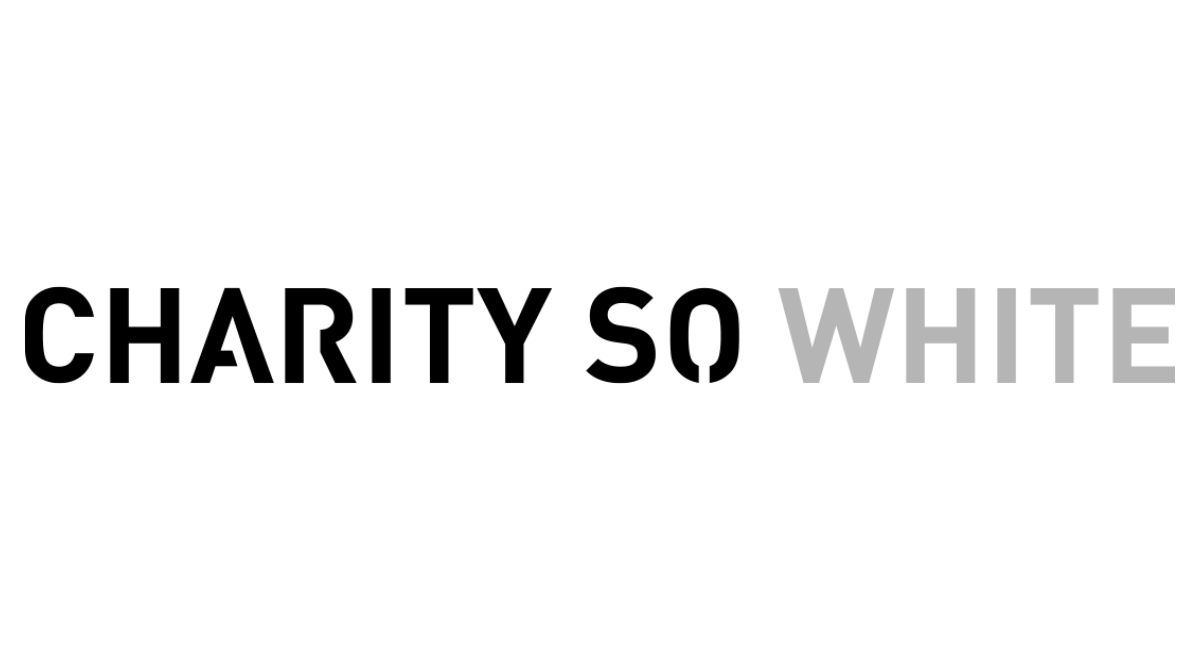I am not your critical friend
This is a guest blog post by Akiko Hart
Today, I received yet another invitation to contribute to a process as a ‘critical friend’ and ‘disruptive thinker’. I may have to decline.
I am not here to be your critical friend. I am not here to make your organisation or process better, or less racist, or less extractive. Positioning me as a critical friend is not a compliment, and it does not help me or my organisation: it serves you.
Within the charity ecosystem, the critical friend sits on the margins, often in a smaller or more precarious organisation. The critical friend has less power (of course: otherwise they would be taking the advice and making the decisions). It is often the lone lived experience ‘voice’ in a room full of commissioners or service providers or professionals. As an individual, the critical friend is often someone from a marginalised or racialised community.
I have been in too many meetings where a racialised person has felt they’ve had to speak about their lived experience, at great personal cost, in order to make a point which is received with embarrassed gratitude as ‘a welcome challenge to the status quo’, or ‘a timely reminder that we still have so far to go’. Sometimes, the individual’s point is directly challenged or downplayed. In a head-spinning moment of gaslighting, they are left isolated and disbelieved, despite (or, perhaps, because) they are the racialised person specifically invited to the meeting to explain why the racist thing is racist.
The critical friend often has the burden of representation thrust upon them, of the marginalised identity or community they are deemed to embody at the table. They are cast as the token presence with the weight of their whole community on their shoulders. The critical friend is often called upon to speak truth, to say the hard things, to carry the conscience in the room. I have no desire to be your conscience.
I am not trying to disrupt your thinking. I am trying to do my job, which is a fundamental challenge to the way you work, and rather than address that deeper challenge, you thank me for the provocation. But my provocation serves you. It legitimises the space I have joined, because I have technically been heard, and you are technically including me. But nothing changes.
Quite often, what I’m saying isn’t actually critical: I am being perceived as critical. And that, I have found, is quite a useful way of disarming critique before it is even allowed to speak. Most of the time, the answer to your question, which I do not voice, is: it is the wrong question you are asking, and we do not have the right people here to formulate a better one.
If I do speak, I am careful: I don’t want to take up too much space, or come across as angry or irrational. And throughout, I am reminded that my oscillating ability to stay ‘neutral’ and ‘calm’ in these conversations is not in fact a skill, but a privilege.
The reality is that positioning me or my organisation in this way only reinforces existing hierarchies and dynamics. My ‘telling truth to power’ does not change anything. The power in the room ‘welcomes the challenge’ and continues doing what it was doing before.
Disentangling these roles and relationships involves being clear about difference and power, instead of prizing sectorial unity. It means acknowledging that some organisations within the same sub-sector might have different, competing objectives that cannot easily be reconciled. That when we are trying to influence externally, there is often more in common between the large VCSE organisations lobbying and those who are being lobbied. That the power dynamics some of the sector claims to work against, these same power dynamics also operate within it, and are held in place by some of the loudest voices.
Being honest about how things actually work feels very un-English. It doesn’t sit well with the ‘nice’ culture we’ve built up in the charity sector. It almost smacks of disloyalty.
But it’s important for me to name that what I am trying to do may not be what you are trying to do. It may be that the way things currently work, works for you, but not for me, and not for my organisation or my cause. And it may be, of course, that what I am trying to do cannot be done within what some call the non-profit industrial complex.
I don’t yet know if it’s possible to hold these tensions. For me, now, speaking clearly about how I am experiencing the charity ecosystem is an invitation for me to think more deeply about other ways of working, and to connect with others on this path. It is also an invitation to more established actors in the sector to reconsider approaching racialised or marginalised individuals with requests to be critical friends. To reflect on why they do so, and what is actually on offer. And it is an invitation to a conversation we desperately need to have as people working to change the sector.

